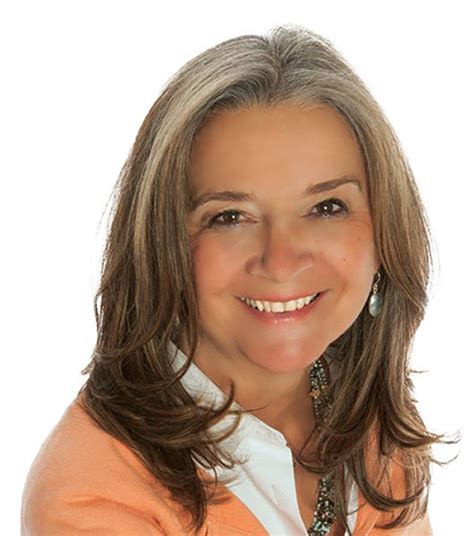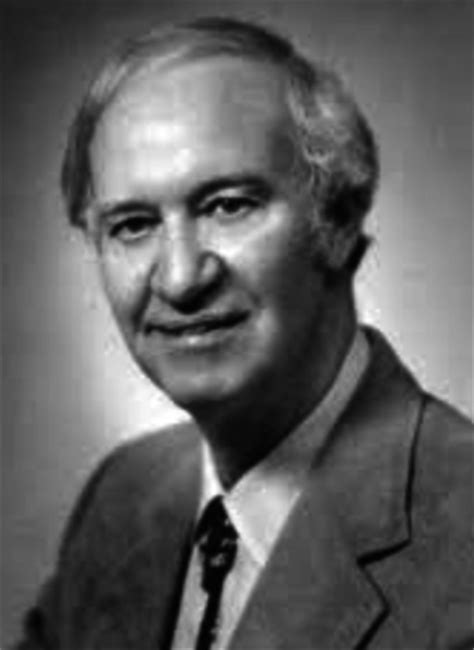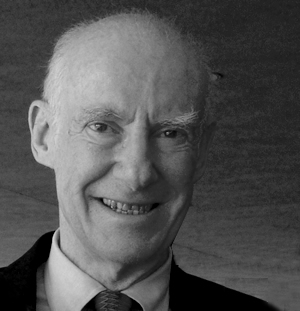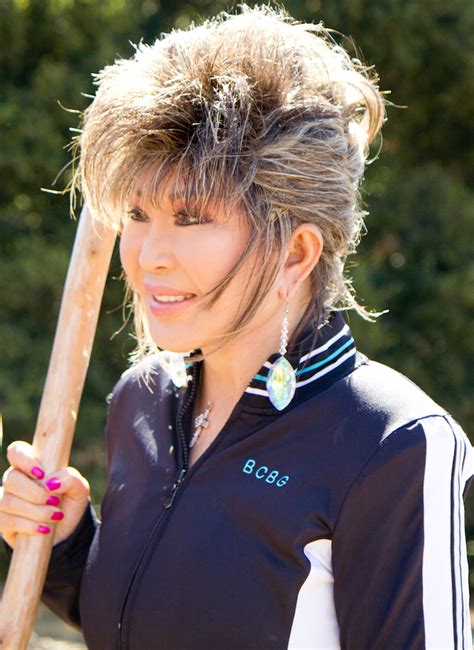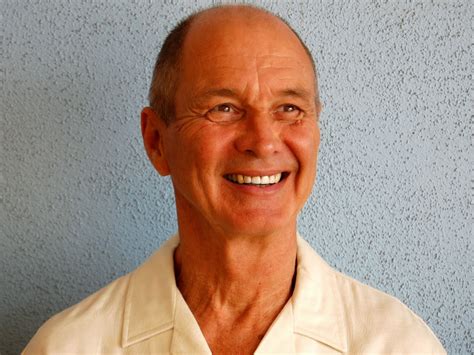A Quote by Will Richardson
This is a very challenging moment for educators. Our children are headed for a much more networked existence, one that allows for learning to occur 24, 7, 365, one that renders physical space much less important for learning, one that will challenge the relevance of classrooms as currently envisioned, and one that challenges our roles as teachers and adult learners.
Related Quotes
We will learn no matter what! Learning is as natural as rest or play. With or without books, inspiring trainers or classrooms, we will manage to learn. Educators can, however, make a difference in what people learn and how well they learn it. If we know why we are learning and if the reason fits our needs as we perceive them, we will learn quickly and deeply.
In many places, classrooms are overcrowded and curricula are outdated. Most of our qualified teachers are underpaid, and many of our paid teachers are unqualified. So we must give every child a place to sit and a teacher to learn from. Poverty must not be a bar to learning, and learning must offer an escape from poverty.
Like our physical bodies, our memory becomes out of shape. As children, we are constantly learning new experiences, but by the time we reach our 20s, we start to lead a more sedentary life both mentally and physically. Our lives become routine, and we stop challenging our brains, and our memory starts to suffer.
Teachers, who are really good create that environment where you can be very satisfied by the process of learning. If you do something and you find it a very satisfying experience then you want to do more of it. The great teachers somehow convey in their very attitude and their words and their actions and everything they do that this is an important thing you're learning. You end up wanting to do more of it and more of it and more of it. That's a real talent some people have to convey the importance of that and to reflect it back to the students.
Collaboration is important not just because it's a better way to learn. The spirit of collaboration is penetrating every institution and all of our lives. So learning to collaborate is part of equipping yourself for effectiveness, problem solving, innovation and life-long learning in an ever-changing networked economy.
African American children are significantly more likely to be obese than are white children. Nearly half of African American children will develop diabetes at some point in their lives. People, that's half of our children. ...We can build our kids the best schools on earth, but if they don't have the basic nutrition they need to concentrate, they're still going to have a challenge learning.
Now, today, some children are enrolled in excellent programs. Some children are enrolled in mediocre programs. And some are wasting away their most formative years in bad programs....That's why I'm issuing a challenge to our states: Develop a cutting-edge plan to raise the quality of your early learning programs; show us how you'll work to ensure that children are better prepared for success by the time they enter kindergarten. If you do, we will support you with an Early Learning Challenge Grant that I call on Congress to enact.

